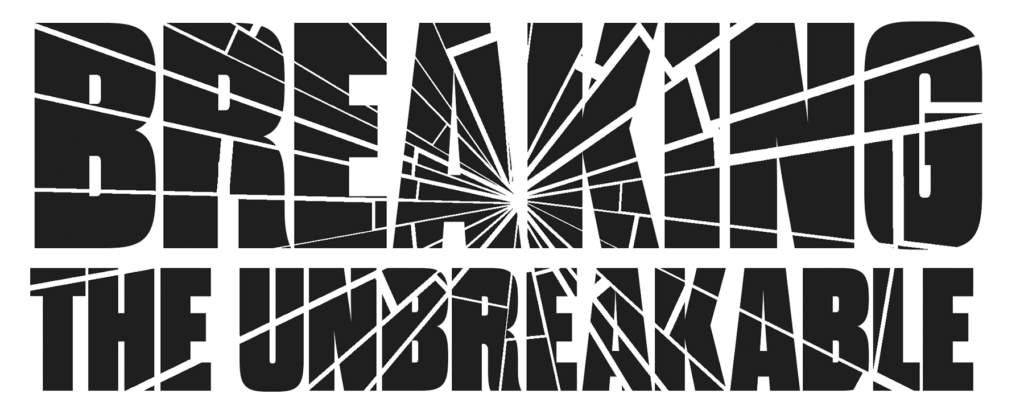The journalism industry is evolving—too bad our rules aren’t keeping pace

Journalism has changed. The hard-boiled, film-noir-esque stereotype no longer resembles the journalists of today. So, why do so many reporters believe our unwritten, “unbreakable” rules aren’t in need of an update, too? After all, journalists love breaking these pesky little rules when doing so can make our work more impactful. Why not employ that same mentality in other aspects of our craft?
Here’s when to consider breaking the unbreakable rules of journalism:
“Unbreakable” Rules
Don’t redact on-the-record information
Be completely objective
Never accept food/drink from sources
Don’t vote in elections
Be devoid of any feelings
Get in, get the story, and get out
If you’re an activist, advocate, or participant in the story, you can’t call it journalism
Never use AI. It’s evil. It’s after your job
Poetic language has no place in a hard news piece
When to Break ’Em
Sure, okay, they said it. But they’re also not media-trained. They could be sharing their life story for the first time, and that’s intimidating. When you’re dealing with vulnerable sources, different approaches are required. When putting out something that could seriously injure or damage a source, their friends, or their family, consider whether it’s crucial to the story. If not, it’s okay to take it out.
First, this is impossible. No matter how adamantly they say they are, no one is completely objective. Secondly, journalists often become experts in their beats. Is it so terrible to offer readers informed opinions and valuable insight on subjects they’re intimately acquainted with?
Is taking that proffered bagel really going to sway the story? Journalists get hungry. It’s not a bribe, it’s a quick lunch. Just eat it. Unless the story is about a bagel shop…then maybe opt for something else.
When it doesn’t affect your reporting, exercise your chartered rights. Journalists are citizens, too. For those who don’t cover politics, why was this ever necessary?
Journalists are humans, too. Would readers not be more inclined to treat journalists as such if they accepted their emotions? Some stories hit hard. Being human isn’t a weakness; it’s a strength, especially when telling tough stories. Use emotions to enhance the work rather than running from them. Be open with how you’re feeling, especially with coworkers.
Avoid helicopter journalism. Build and keep connections with the communities and individuals you cover. The better the connection, the more open sources will be, and you’ll discover a plethora of uncovered stories and unheard voices.
You don’t have to go full Hunter S. Thompson mode to be part of the story. If you’re writing about a subject you’re linked to, use your experience to help empathize with sources, or even offer a personal, meaningful, character-driven narrative element to your story.
ChatGPT doesn’t need to be writing our stories for us, but it can still be helpful with research, ideation, or teaching us how to do new things, like coding cool interactive elements. Don’t fear AI; accept it as a tool to enhance our stories.
Aesthetic considerations are usually reserved for narrative features, but if it makes sense in a news story—and will keep readers’ attention without being offensive—use it. Our language is changing, and so, too, should our writing. Don’t always be so rigid, dammit!
About the author
In his final year of the Master of Journalism program, Trent is always on the lookout for new challenges and his next adventure. After working for several years in advertising and publishing, he followed his passion and transitioned to journalism. Also acting as a Features Editor at The Otter, Trent uses the power of narrative to make large, complex issues like mental health more accessible, providing a human element that facilitates intimate connections. When he’s not working, he’s travelling, exploring the outdoors, reading anything he can get his hands on, and learning about a world which never ceases to fascinate and inspire him.

